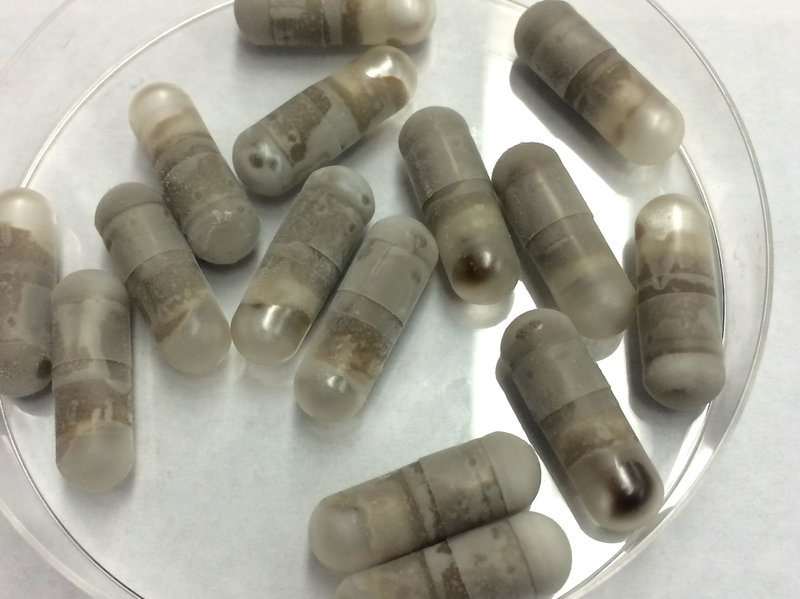Poo Pills and a Short History of Medicine

Modern medicine has evolved to where it is today in part through a scientific and philosophical debate that capped off the 19th century. On one side of the debate was French microbiologist Antoine Bechamp. On the other side was French microbiologist Louis Pasteur. I will get to the ‘poo pills’ reference shortly…
Bechamp and Pasteur strongly disagreed in their theories of disease. They argued heatedly about who was correct. It was the argument that changed the course of medicine and which continues to define pharmaceutical medicine to this day.
Pasteur promoted a theory of disease that described microbes as the primary cause of disease. This theory says that a microorganism is static and unchangeable. It is what it is. Disease is solely caused by microbes or bacteria that invade the body from the outside. (This is the germ theory.)
Bechamp held the view that microorganisms can go through different stages of development and they can evolve into various growth forms within their life cycle. These microbes would change shape as individuals became diseased, and for Bechamp, this was the cause of disease; hence disease comes from inside the body.
Another scientist of the day, Claude Bernard, entered into the argument and said that it was actually the “milieu” or the environment that is all important to the disease process. Therefore, disease in the body, as a biological process, will develop and manifest dependent upon the state of the internal biological terrain (as dictated by an individual’s choices around their diet, lifestyle and environmental exposures).
Both men acknowledged certain aspects of each other’s research, but Pasteur was the stronger, more flamboyant, and more vocal opponent when compared to the quiet Bechamp. Pasteur also came from wealth and had the right family connections. He went to great lengths to disprove Bechamp’s view. Pasteur eventually managed to convince the scientific community that his view alone was correct. Bechamp felt that this diverted science down a deplorable road – a road that held only half the truth.
On his deathbed, Pasteur finally acknowledged Bechamp’s work and said, “Bernard was correct: the microbe is nothing: the terrain is everything.” It was a 180 degree turnaround. But his admission fell on deaf ears. It was too late and could not reverse the ideas that had already been accepted by mainstream science at that time. Allopathic (drug based) medicine was firmly entrenched on the road that was paved by Pasteur and a ‘gold laden’ path it remains til this day.
Common sense dictates that if you build a house on faulty foundations sooner or later it is going to fall down, regardless of how you try to prop it up. I will leave it to you to draw any comparisons to current health care industry trends…
This is certainly not to say that there is no place for an acute care (symptom based) ‘band aid’ approach to health care provision – an antibiotic can be a life saver where circumstances have provided certain bacteria with the means to overpopulate! However, a ‘band aid’ is of little use if you pay no attention to why to you require the ‘band aid’ in the first instance.
In this light, common sense would dictate that by making changes to your internal terrain via the choices you make on a daily basis you can avert the set of circumstances where you end up needing to swallow someone else’s poo!
If you find yourself needing assistance (in the change of circumstance bit – not the poo pills) get in touch.

